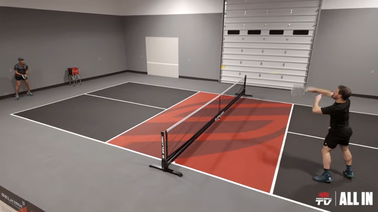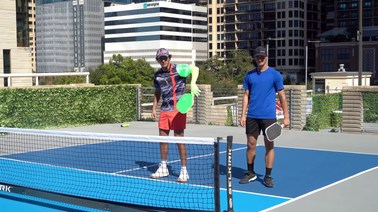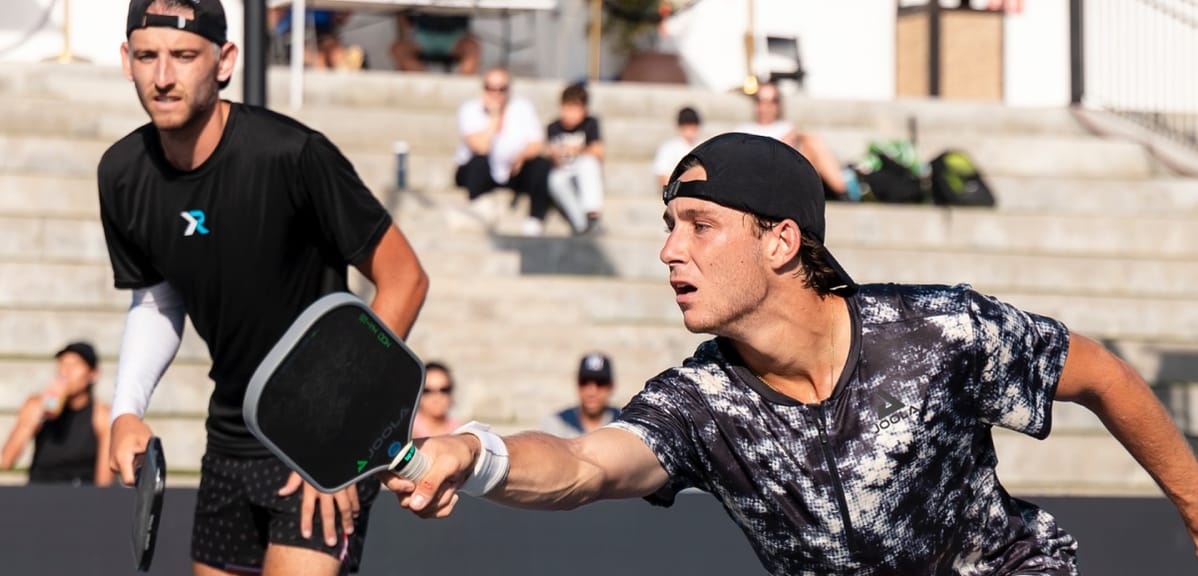
3 Critical Strategies to Start Winning More Matches According to a PPA Pro
Pickleball is unique in that there is a formula for point construction. Successful teams can get to the kitchen and either make their opponents miss or hit the ball through them. However, pickleball strategy, especially when playing competitive games, is more nuanced than most people realize, especially at a higher level.
Here are three keys to starting every competitive pickleball game, whether you are playing rec at the park or for a medal in a tournament:
1. Focus on Maintaining Scoreboard Pressure
Maintaining a tight scoreboard keeps your opponents on their toes and stops them from getting too much confidence from an early sizeable lead. The best way to do that? Make as few unforced errors as possible.
Before you start thinking “Yeah well no kidding” in your head, hear me out. I realize this seems like a cliché no-brainer and the key to winning in almost every game or sport but let me flesh this out further.
At the very start of a pickleball game, aim to play the highest percentage of pickleball you can possibly play, and really focus on keeping the ball in play. This will be beneficial for many reasons, but arguably the most important is it will show you your opponents’ strengths and weaknesses. If you make errors, not only are you giving your opponents momentum early, but you are prohibiting you and your partner from learning valuable information that you can use against your opponents.
I try to start every competitive pickleball game by making sure I make serves and returns, and focusing on executing safer third-shot drops instead of going for more aggressive drives. Getting into longer rallies earlier in the game will uncover areas of the court or specific shots that can lead to points for you and your partner.
By playing high-percentage at the start of your game and maintaining that scoreboard pressure, you will prevent your opponents from playing more confidently and freely as they would if they jumped out to an early lead, which will lead to more errors on their end. In short: save your riskier, “A” game for later in the game.
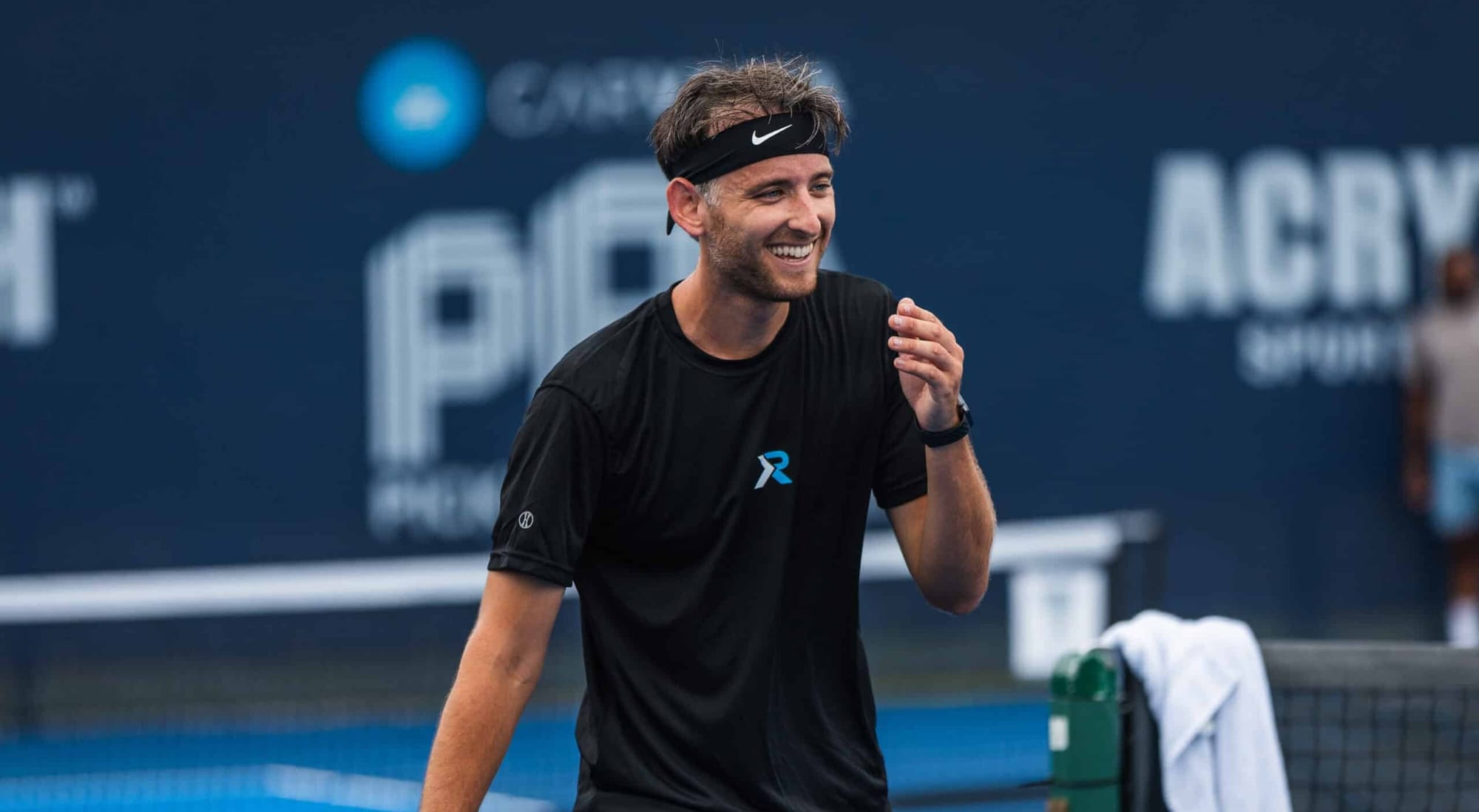
2. Shoot Down the Middle Early On
Here’s a hot take for you: hitting angles in pickleball should be almost entirely avoided. I see way too many amateurs (and pros honestly) try to hit winners by hitting extreme angles. This is most common on overhead smashes, and more times than not the result is a shank error or an overhit that carries the ball out.
Furthermore, working the middle of the court with your shots at the beginning of a game forces your opponents to communicate early on who is taking middle balls. If you are playing against two alphas (which is common), they're likely to fight over middle balls and sacrifice essential team chemistry.
Working the middle as your primary location early on in games harkens back to the first point I made:
- It reduces unforced errors as it's almost always the higher percentage shot
- It prevents your opponents from executing the erne successfully
- It helps you execute your third-shot drops and transition to the non-volley zone
- It helps extend long rallies, forcing your opponents to communicate and open up crosscourt dinks that move your opponents around and lead to offense for you and your partner
There’s a reason idioms like “down the middle solves the riddle” exist. Hit the middle quickly and frequently to start a game.
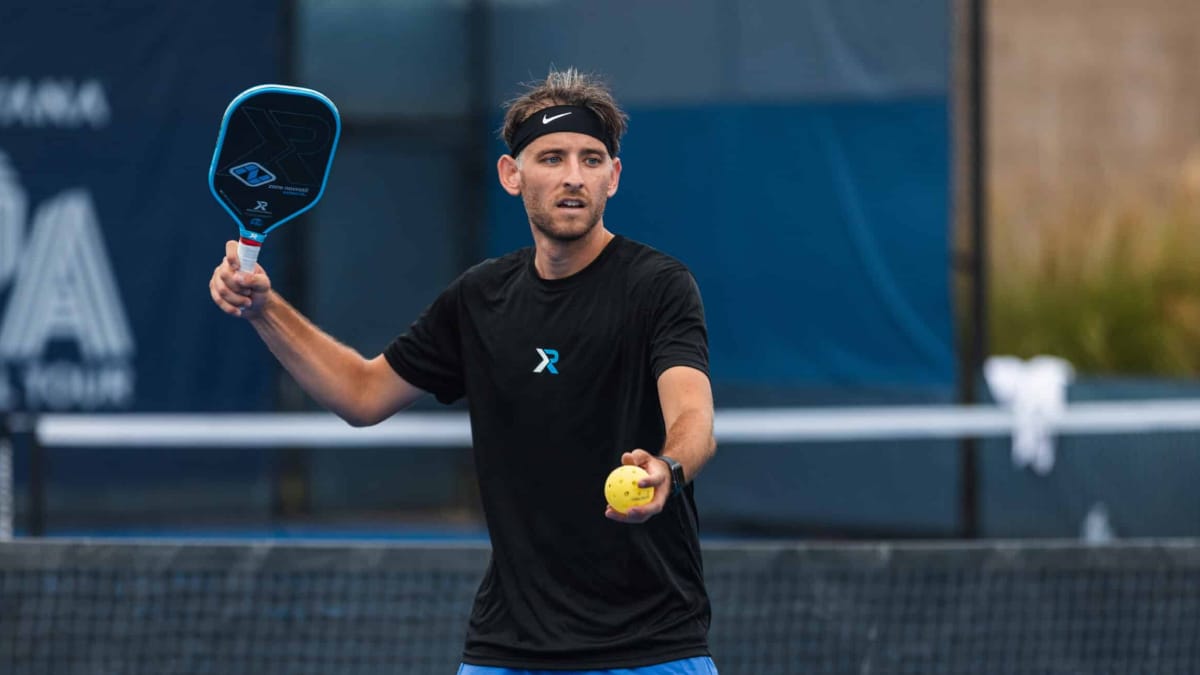
3. If You Start in a Hole, Slow the Game Down
I can’t tell you the number of games to 11 that I have started down 0-4 or 0-5. It happens to everyone, even the best players in the world. Pickleball, not unlike basketball, is a game of momentum and runs. Big swings happen in both directions in nearly every best-of-three battle, and it is important to know how to deal with them.
When you are winning, keep the gas pedal down and play fast. Use your momentum to try to score as many points when you have the hot hand as possible. Play free, think less, and keep applying the same strategy that has been working. When you are on this end of a big lead, it’s much easier to play.
When you are on the losing end of a quick start and a big deficit, slow the game down. If your opponents are smart and read this article, you know they are going to do everything in their power to keep their momentum and finish the game like a freight train as soon as possible. You and your partner must do everything you can to stop this momentum.
If you are playing in a tournament, use your timeouts. You usually get two timeouts per game to 11. You absolutely should use at least one of those timeouts as soon as you feel like things are getting out of hand at the start of the game. Some teams have an agreed-upon number of points before they call timeout. For me, it’s as soon as I feel like I am losing control of a game (usually anywhere from 3-5 points in one run for my opponents). Not only will this preserve the score from becoming too lopsided, but the timeout will help cool down your opponents from their hot streak.
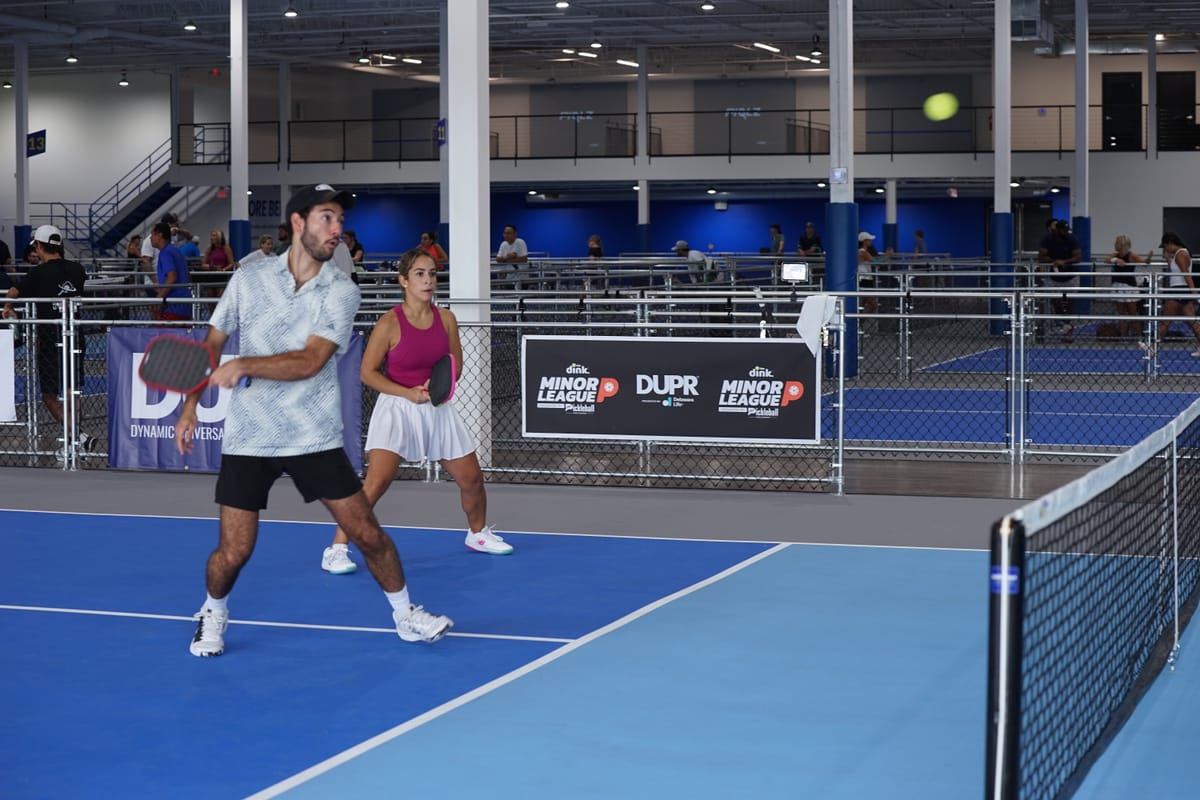
Slow the pace of the game between points. While maintaining respectable sportsmanship, you are allowed to take time in between points to towel off, speak briefly with your partner about strategy, and move balls or unwanted distractions from the point. Maybe you make your serve routine a few seconds longer. Maybe your shoelace feels a little loose and you need to retie it. Maybe you need to run over to your bag to grab your sunglasses. All of these help slow the game down by a few seconds.
Don't sit on your timeouts. While I prefer to have a timeout in the back pocket for later in the game, I am not opposed to using both timeouts early in a game if things continue to go downhill. Slowing the game down when you are losing at the start of the game can keep you in it and help you turn the momentum. Remember that you aren’t going to overcome a multi-point deficit in one point. In other words, take your time, and go back to the basics like making fewer errors (see tip #1).
Thanks for reading, and be on the lookout for the next article. Enjoy the grind, and remember, you can’t dink all day if you don’t start in the morning.
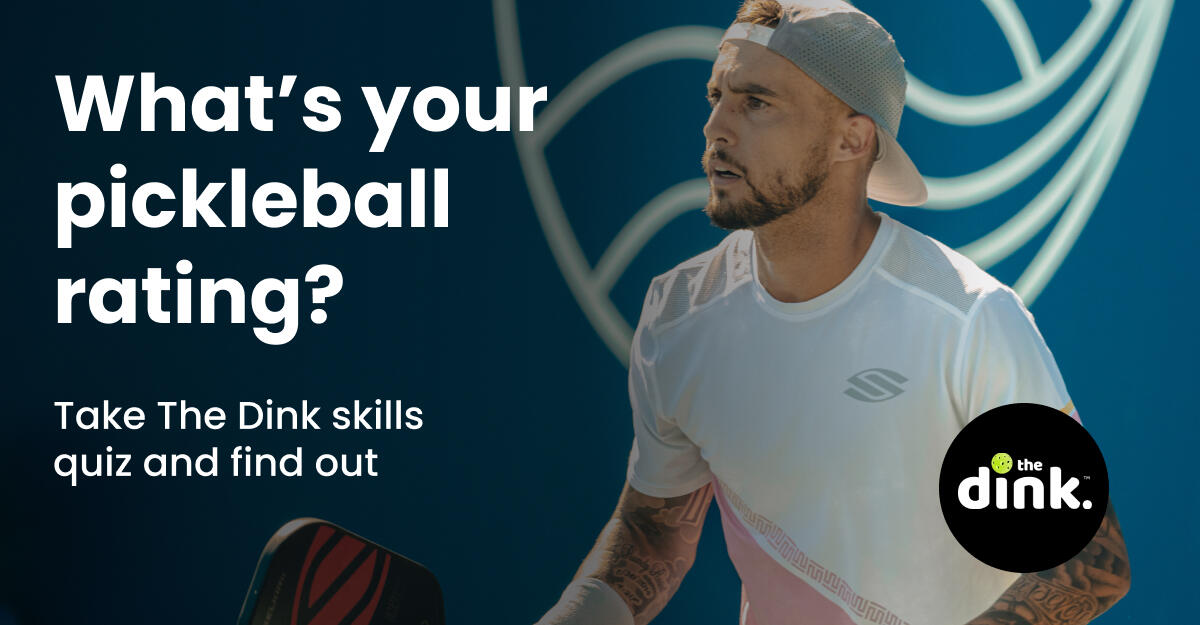
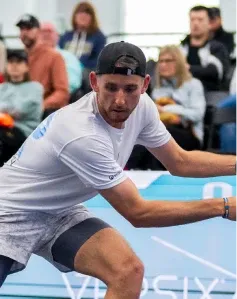
Eric Roddy
Eric is a PPA tour pro living in Charlotte, NC, sponsored by PROXR. In addition to playing PPA events, he teaches pickleball 2-3 hours a week, enjoys golf, and listening to his favorite band Goose.




